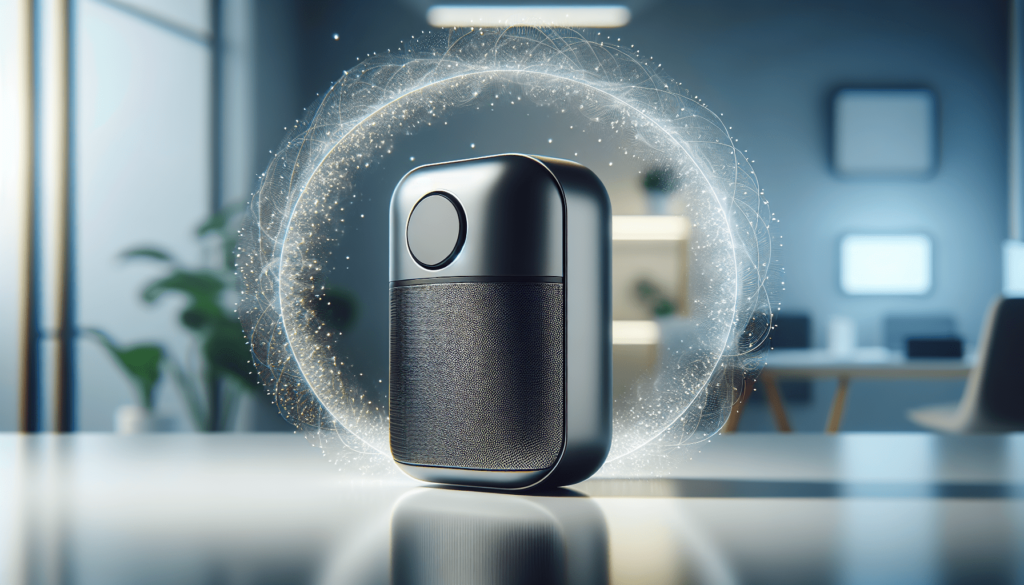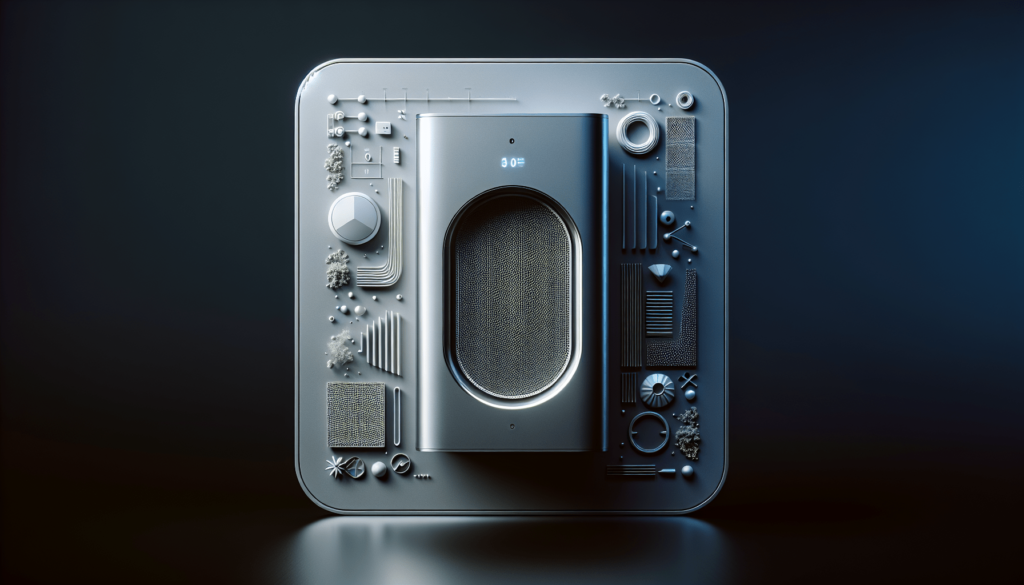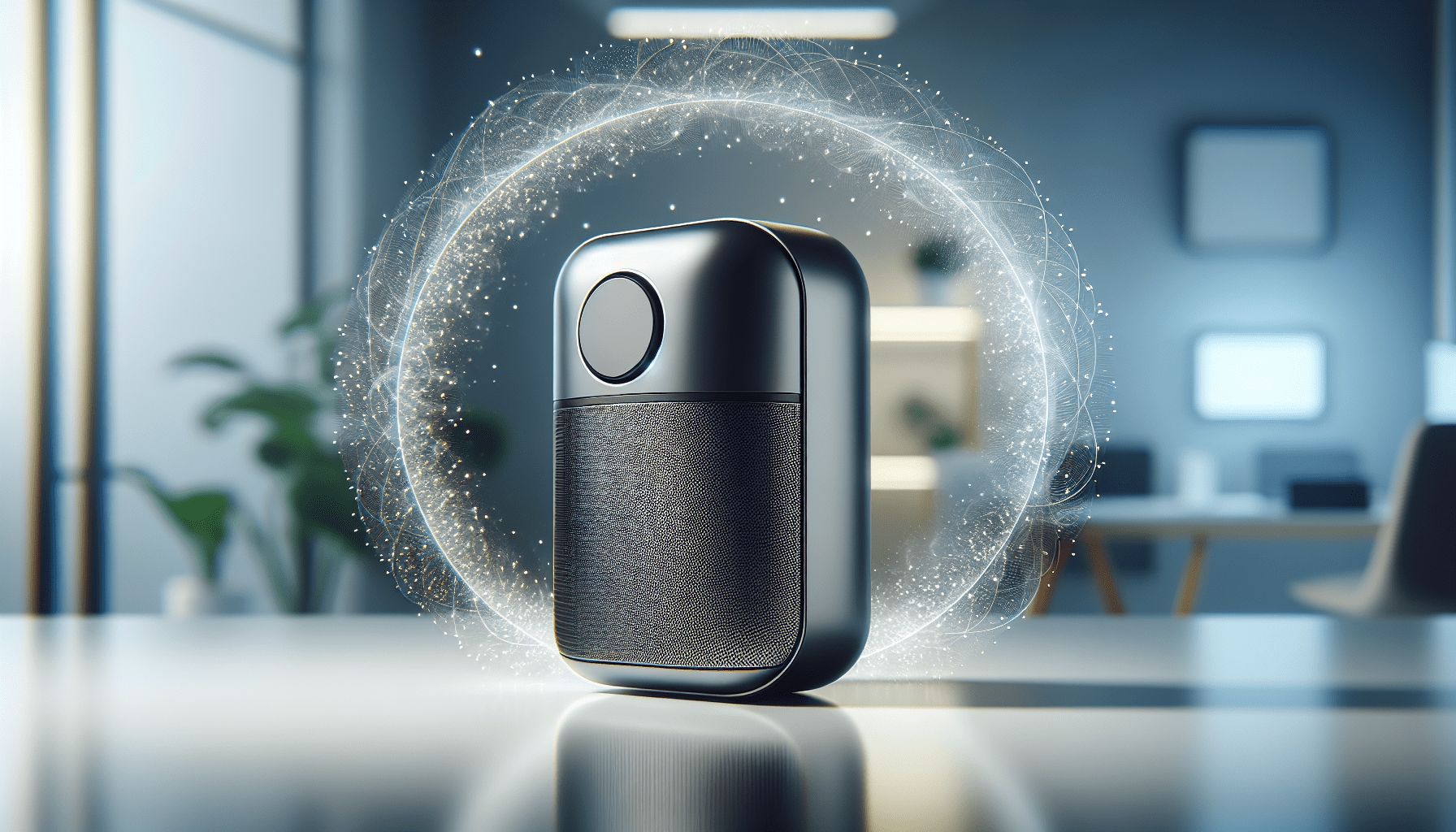Hey there! Have you ever wondered how long you should run your air purifier for optimal results? Well, we’ve got you covered! In this article, we’ll explore the ins and outs of running an air purifier, from understanding the ideal duration to maximizing its effectiveness. So, whether you’re a first-time user or just curious about getting the most out of your purifier, stick around to find out everything you need to know about running it just right!

Factors to Consider
Room Size
When determining how long to run your air purifier, the size of your room plays a crucial role. Larger rooms will require more time to effectively clean the air, while smaller rooms may need less. Consider the square footage of the space you’re trying to purify, as well as the number of air changes per hour that your purifier is capable of delivering. This will help ensure that the air in your room is properly filtered.
Air Quality
The quality of the air in your surroundings is another important factor to consider. If you live in an area with high outdoor pollution, or if you frequently encounter indoor pollutants such as dust, pet dander, or smoke, you may need to run your air purifier for longer periods of time. Seasonal variations and weather conditions can also affect the air quality in your home, so it’s important to monitor these factors and adjust the running time accordingly.
Level of Pollutants
Different air purifiers are designed to tackle various levels of pollutants. If you’re dealing with severe pollution or specific contaminants like mold spores or volatile organic compounds (VOCs), you may need to run your air purifier for extended periods. Additionally, consider the source of pollutants in your environment. For example, if you live in an area with heavy traffic, the air may contain higher levels of pollutants that require more thorough filtration.
Health Concerns
Your personal health conditions and the health needs of individuals in your household are important factors to take into account. If you or someone in your family suffers from asthma or respiratory issues, running the air purifier for longer periods can help alleviate symptoms by reducing airborne allergens and irritants. Pregnant individuals, children, and the elderly may also benefit from extended air purifier usage to maintain a healthy environment.
Allergies and Sensitivities
If you have allergies or sensitivities, the duration of air purifier operation becomes crucial. Consider the type of allergens you’re exposed to, the frequency and severity of your symptoms, and your specific allergy triggers. Allergens like pollen, dust mites, and pet dander can be effectively removed from the air by consistent air purification. Adjusting the running time to target peak allergy seasons or when allergens are most prevalent can help alleviate symptoms and improve your overall comfort.
Recommended Running Time
Continuous Operation
Running your air purifier continuously provides the most consistent and effective air purification results. In this mode, the purifier operates 24/7 to ensure continuous filtration of the air. Continuous operation is particularly beneficial in areas with high levels of pollution or for individuals with severe allergies or respiratory conditions. However, it’s important to consider the efficiency and power consumption of the purifier, as well as the noise level it produces, when opting for continuous operation.
Intermittent Operation
Intermittent operation involves running the air purifier for specified intervals rather than continuously. This can be useful if you want to conserve energy or if you don’t need constant air purification. Some purifiers offer timed interval settings, allowing you to customize when and how long the purifier runs. Occupancy-based usage is another option, where the purifier automatically turns on when it detects movement in the room. This helps optimize energy consumption while ensuring that the air is adequately filtered when needed.
Nighttime Usage
Using an air purifier during nighttime is particularly important for maintaining optimal air quality in your bedroom. Bedrooms should be a sanctuary for restful sleep, and having clean air to breathe is essential for a good night’s rest. Look for air purifiers that operate at low noise levels specifically designed for nighttime use. By running the purifier in your bedroom while you sleep, you can ensure that you wake up to a fresh and clean environment, free from allergens and pollutants.
Determining how long to run your air purifier depends on various factors such as room size, air quality, level of pollutants, health concerns, allergies, and sensitivities. By considering these factors and following the recommended running time guidelines, you can effectively maintain clean and healthy air in your living spaces. Remember, it’s essential to regularly clean and maintain your air purifier to ensure optimal performance and longevity. With the right air purifier and proper usage, you can breathe easier knowing that you’re taking proactive steps towards improving your indoor air quality and overall well-being.


